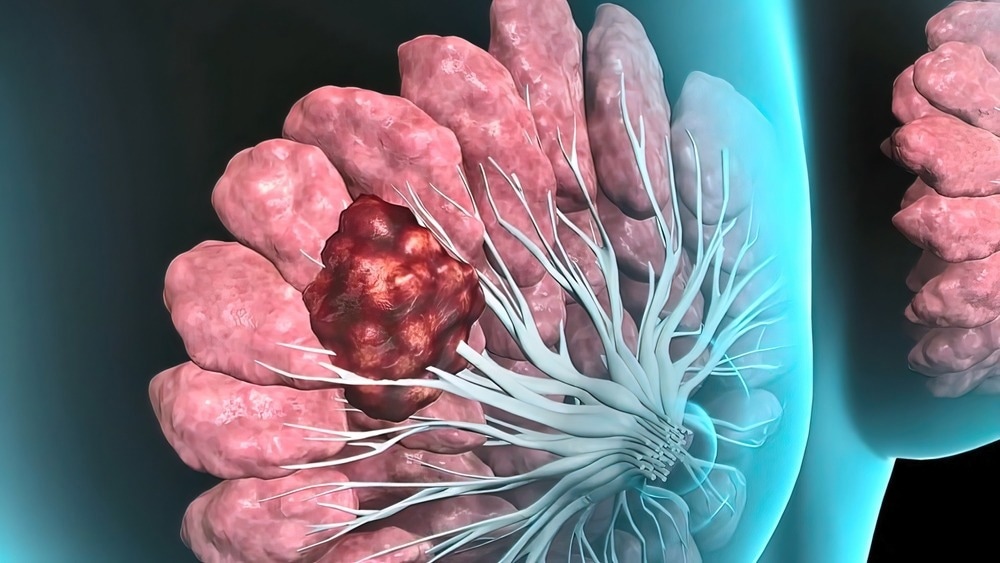At the University of Waterloo, engineers have come up with artificial intelligence (AI) technology to forecast if women with breast cancer would benefit from chemotherapy before surgery.

Image Credit: picmedical/Shutterstock.com
The newly developed AI algorithm, which is a part of the open-source Cancer-Net initiative directed by Dr. Alexander Wong, could help candidates to avoid the severe side effects of chemotherapy and set the stage for improved surgical outcomes for those who are appropriate.
Determining the right treatment for a given breast cancer patient is very difficult right now, and it is crucial to avoid unnecessary side effects from using treatments that are unlikely to have real benefit for that patient.
Alexander Wong, Professor, Systems Design Engineering, University of Waterloo
Wong added, “An AI system that can help predict if a patient is likely to respond well to a given treatment gives doctors the tool needed to prescribe the best personalized treatment for a patient to improve recovery and survival.”
In a project headed by Amy Tai, a graduate student in the Vision and Image Processing (VIP) Lab, the AI software was trained with pictures of breast cancer created with a new magnetic image resonance modality. This was invented by Wong and his research group, known as synthetic correlated diffusion imaging (CDI).
The AI has the potential to predict if pre-operative chemotherapy treatment would benefit new patients depending on their CDI images. This could be done with knowledge gathered from CDI images of old breast cancer cases and data on their outcomes.
Called neoadjuvant chemotherapy, the pre-surgical treatment could help shrink tumors to make surgery feasible or simpler and decrease the necessity for major surgeries like mastectomies.
I'm quite optimistic about this technology as deep-learning AI has the potential to see and discover patterns that relate to whether a patient will benefit from a given treatment.
Alexander Wong, Professor, Systems Design Engineering, University of Waterloo
Wong is also a director of the VIP Lab and the Canada Research Chair in Artificial Intelligence and Medical Imaging.
The newly developed AI algorithm and the full dataset of CDI images of breast cancer have been made available to the public through the Cancer-Net initiative so other scientists could assist in progressing the field.